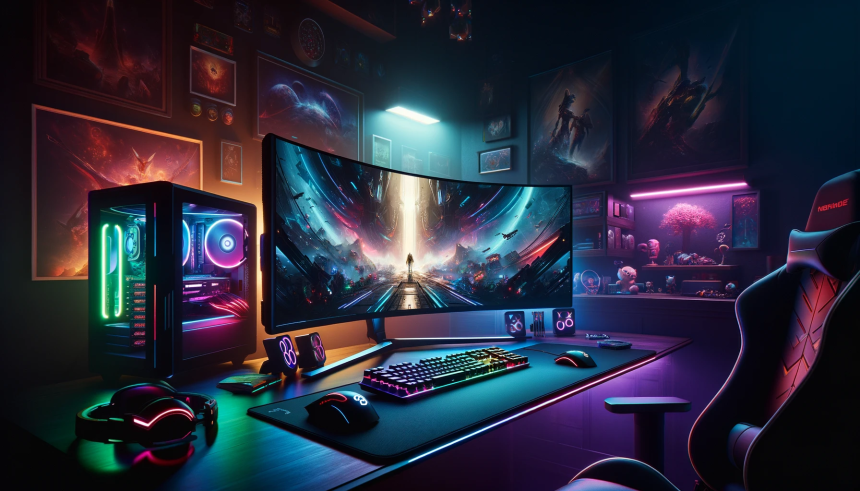Sharkmob, a Swedish game developer under Tencent’s ownership, is reducing its workforce as it prepares to make organizational adjustments. The company previously confirmed plans to take its battle royale game, Vampire: The Masquerade – Bloodhunt, offline by April 2026. These steps come in an environment where global studios, regardless of size, are reassessing their operational strategies. While layoffs bring uncertainty for employees, Sharkmob signals continued commitment toward its tactical open-world extraction shooter, Exoborne. Industry observers note that shifts like these reflect broader trends reshaping the gaming landscape across different regions.
Over the last year, similar staff reductions and closures have affected various Tencent-owned studios, such as Funcom and The Outsiders. This pattern of organizational restructuring mirrors Tencent’s public approach of reconsidering investments and resources in specific markets. Exoborne remains in the spotlight for Sharkmob in the wake of these changes, as the studio holds onto active development despite broader resource constraints. Unlike prior announcements from Chinese gaming giants, this news reflects a measured stance, not a withdrawal, but rather a focused prioritization of existing projects.
What Led to This Restructuring at Sharkmob?
Sharkmob stated that the layoffs result from its decision to “sharpen our focus and align our efforts on the continued development of Exoborne and position us for sustainable growth.” The studio has not specified how many employees will be affected, but recent playtests for Exoborne suggest the project remains central to the company’s plans. These actions follow earlier announcements regarding the sunsetting of Vampire: The Masquerade – Bloodhunt.
How Does Tencent’s Strategy Influence Studio Operations?
Tencent has reiterated its commitment to maintaining investments in Western studios, noting the necessity of adjusting investments according to industry conditions. Tencent vice president Yong-yi Zhu explained,
“You may see a reduction in investment in certain places, which is just the realities of the industry and the dynamics of the industry.”
Such statements indicate Tencent is adapting its business approach, concentrating resources on projects it deems sustainable long-term.
What’s the Outlook for Exoborne and Other Tencent Studios?
Despite the layoffs, Sharkmob assures that Exoborne’s development is ongoing and remains a high priority.
“We aim to sharpen our focus and align our efforts on the continued development of Exoborne and position us for sustainable growth,”
the company said, stressing its intent to navigate a challenging market with targeted initiatives. Industry sources report that, while no release date for Exoborne has been announced, interest remains high following its January playtest.
In several previous reports, layoffs at Sharkmob and other Tencent-related studios have been associated with declining Western market opportunities or shifting strategic alliances. The narrative now differs: rather than a mass exit, Tencent appears to adjust its exposure and investments, influenced by both domestic successes such as Genshin Impact and by cost considerations. This adjustment is consistent with the reduction in investment by other Chinese firms, including NetEase, suggesting a consolidation of interests rather than outright retreat from foreign markets.
The current restructuring at Sharkmob, along with changes at other Tencent-backed studios, underscores a prevalent trend of strategic realignments across the industry. Studios that focus more narrowly on flagship titles while limiting scope may find greater stability, especially when larger parent companies shift their investment strategies in response to domestic and global market performance. For developers and players, these moves suggest ongoing unpredictability regarding project pipelines, game support, and employment security. Players interested in Exoborne should note that its future appears secured for now, in contrast to titles facing closure. Observing which projects are prioritized or discontinued offers insight into the broader priorities of major game industry investors.










